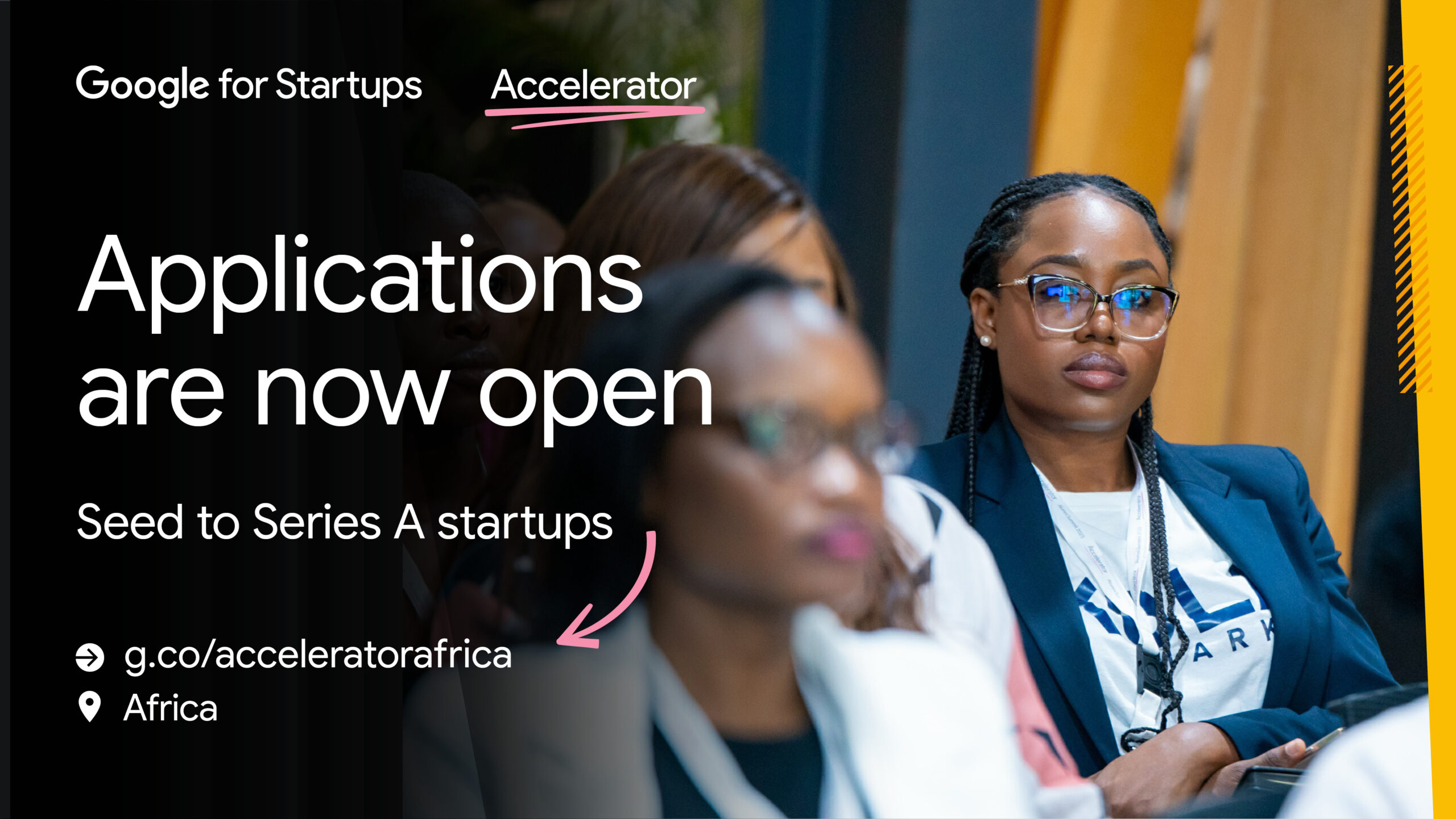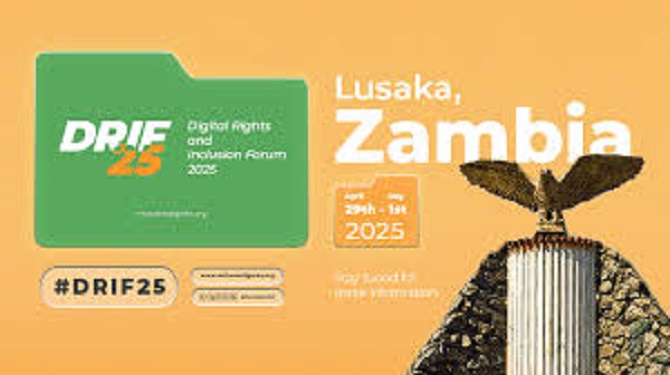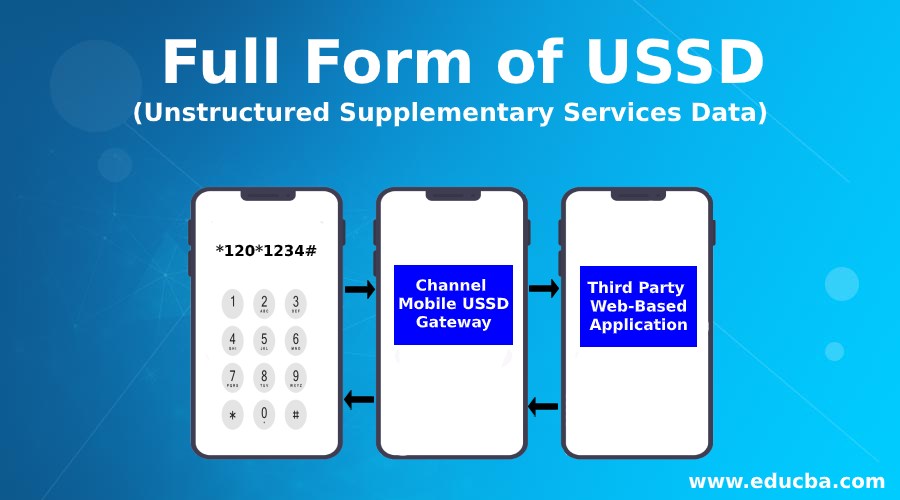Telecom
Study Rates NCC’s Monitoring of QoS High

A new study by FBNQuest titled ‘Telecommunications Sector Update – Now for Digital Transformation’, has said that the Nigerian Communications Commission (NCC) takes quality of service (QoS) very seriously.

FBNQuest is a leading Merchant Bank & Asset Manager in sub-Saharan Africa, and a trusted partner founded on innovation, deep local roots, global insights.
The report which took a holistic look at the sector, said on a monthly basis, NCC measures telecom operators on four key QoS performance indicators namely: (1) the call setup success rate (CSSR), (2) dropped call rate (DCR), (3) the standalone dedicated control channel congestion (SDCCH), (4) the traffic control channel congestion rate (TCCH).
Tunde Abidoye, head of Equity Research at FBNQuest, stated that the most recent disclosure (October 2019) from the NCC shows that MTNN and Airtel were within the required threshold for all the KPIs.
He further stated that the random survey draws conclusion from a sample size of 133 respondents residing in Nigeria’s urban region. Out of a maximum score of five points, MTNN scored the highest number of points – 2.3 points – on a weighted average basis. Airtel was the next best in terms of QoS with a score of one.
About 60per cent of the 133 respondents that were randomly polled subscribe to the MTNN network. This result is important because it underscores MTNN’s larger wallet share of urban subscribers.
The FBNQuest report further noted that following significant investments by the mobile networks, the Nigerian telecom sector’s contribution to gross domestic product (GDP) has risen steadily from 7.7 per cent in 2012 to 10.9 per cent in first quarter (Q1) 2020 and is now larger than the oil sector (9.5 per cent within the same period.
It revealed that now more than ever, the Nigerian telecoms sector is set to take a leading role in the government’s effort to diversify the economy. With respect to broadband, studies conducted by the International Telecommunications Union (ITU) indicate that a 10 per cent increase in broadband penetration is likely to translate to increases of 2.0 per cent and 1.8 per cent in GDP for low-income and middle-income countries.
According to Abidoye, “The targets (of 90 per cent broadband coverage at speeds of 10Mbps-25Mbps) stated in the national broadband plan 2020-2025 is ambitious and audacious. Notwithstanding, we believe they are achievable.
“The plan’s success will depend on the right mix of policy implementation, private sector-led infrastructure investment, and government incentives. Specifically, impediments to right-of-way access and cost must be removed. In contrast to other sectors that were hit hard by the economic outcomes of the COVID-19 pandemic, the sector was one of the few that recorded growth in Q1.”
He said telecom operators’ essential role in easing the lockdown through the provision of digital tools for home working and social distancing resulted in a surge in demand for telecom services during the quarter.
In Q1, MTN Nigeria (MTNN) and Airtel Nigeria (not covered) both delivered strong revenue growth of 17 per cent year-on-year (y/y) and 27 per cent y/y respectively, mainly driven by stellar growth in data revenue – which were up by more than 50 per cent for both firms.
“We believe that the solid performance carried on into Q2 on the back of strong data demand during the lockdown. With solid revenue growth of 17 per cent y/y (data 40 per cent y/y), Airtel’s Q1 2021 (end-June 2020) results which were recently published provide positive read-across for the broad sector.
“Due to foreign exchange (FX) liquidity pressures, we expect a rise in FX-linked costs to exert downward pressure on the earnings of telecom operators. Recently, MTNN disclosed that the NAFEX rate of c.N385/US$ will now be applied to dollar-linked tower costs (vs. CBN’s official rate of N360 previously).”
Abidoye noted that the rate was only recently reviewed to N360/US$ in April (from N307 previously). “However, we believe that the revenue growth from the surge in data traffic will more than offset the rise in costs. Regardless, our estimates are conservative. For MTNN, we forecast 2020 revenue and PBT growth of 13 per cent y/y and six per cent y/y respectively.
Telecom
Google Launches 2025 AI Startups Accelerator Program for African Innovators

Google has opened applications for the 2025 Google for Startups Accelerator Africa program, a three-month initiative designed to support early-stage startups using artificial intelligence to address Africa’s most pressing challenges.

Across the continent, startups are demonstrating how local innovation can solve deeply rooted problems. In West Africa, Crop2Cash – an agritech platform and alumni of the program – is using AI to digitally onboard smallholder farmers, build their financial identities, and provide them with access to credit, traceable payments, and productivity tools.
Through these efforts, Crop2Cash is improving agricultural outcomes and unlocking economic opportunity for farmers who have long been excluded from formal systems—illustrating the kind of impact that’s possible when African startups receive the support they need to scale.
The Accelerator is open to Seed to Series A startups based in Africa that are building AI-first solutions. Startups must have a live product, at least one founder of African descent, and a clear vision for responsible AI innovation. Selected participants will receive:
Dedicated technical mentorship from Google and industry experts
Up to $350,000 in Google Cloud credits
Access to a global network of investors, partners, and collaborators
Workshops focused on technology, product strategy, people leadership, and AI implementation
AI’s potential to accelerate Africa’s development is real, and Google is investing in ensuring that African startups lead that charge. According to McKinsey, AI could add $1.3 trillion to Africa’s economy by 2030, but only if bold innovation is supported at the grassroots.
“Startups are Africa’s problem solvers. With the right resources, they can scale their impact far beyond local communities,” said Folarin Aiyegbusi, Head of Startup Ecosystem, Africa at Google.
“This program reflects our belief that AI can be transformative when shaped by those who understand the context deeply.”
Since 2018, the program has supported 140 startups from 17 African countries. These alumni have raised more than $300 million in funding and created over 3,000 jobs. Many are now regional and global leaders in their categories.
Applications for the 2025 cohort are now open. Startups interested in participating can apply at: https://startup.google.com/programs/accelerator/africa
For further information and updates, visit the Google Africa Blog or follow @GoogleAfrica on social media.
Telecom
DRIF25 Brings Together 1,000 Delegates in Lusaka

The Digital Rights and Inclusion Forum (DRIF25) is all set for its 12th edition, taking place from April 29th to May 1st, 2025, at the Mulungushi International Conference Centre in Lusaka, Zambia.

Over 1,000 delegates from 65 countries are expected to attend this highly anticipated event, with registration officially closed on April 13th, 2025.
The forum will feature esteemed speakers, including Zambia’s Minister of Technology and Science, Hon. Felix Mutati; Advocate Pansy Tlakula, Chairperson of the Information Regulator of South Africa; and ‘Gbenga Sesan, Executive Director at Paradigm Initiative.
Other notable contributors include Usama Khilji, Executive Director of Bolo Bhi, and Beatrice Mutali, the UN Resident Coordinator for Zambia.
Organized by Paradigm Initiative (PIN) with support from local and international partners such as Bloggers of Zambia, Internet Society Zambia, and the Zambia Ministry of Technology and Science, DRIF25 will focus on the theme: Promoting Digital Ubuntu in Approaches to Technology.
Discussions will tackle critical issues such as Artificial Intelligence, Data Protection, Digital Inclusion, and Human Rights.
The three-day forum will include 122 sessions, ranging from workshops and panel discussions to tech demos and exhibitions.
These were selected from a record-breaking 345 proposals, continuing the forum’s growth over recent years. Sponsors like Ford Foundation, Meta, Google, and Wikimedia Foundation play a crucial role in making the event possible.
PIN is set to unveil key publications during the event, including the 2024 Digital Rights and Inclusion in Africa Report – Londa and the organization’s book, The PIN Story: Work in Progress, chronicling its journey from a small cybercafe in Lagos, Nigeria, to a leading pan-African digital rights organization.
As one of the continent’s premier platforms for advancing digital rights and inclusion, DRIF25 promises to build on the success of previous editions, driving dialogue and collaboration among diverse stakeholders.
Telecom
Banks, Telcos Mull New Billing Plans for USSD Airtime Payments

Telecom customers will have to pay for the use of Unstructured Supplementary Service Data (USSD) by having their airtime deducted, according to an information obtained by the Guardian.

According to reports, discussions to implement an end-user billing system between telecom providers and deposit money banks (DMBs) are presently in advanced stages.
A system that charges the client directly for utilizing the USSD service instead of the service provider is known as end-user billing.
This implies that, independent of any further fees the bank may impose, the customer’s mobile account (airtime or direct billing) is deducted for the USSD session.
This is a shift from the conventional corporate billing approach where banks were invoiced for USSD usage.
Gbenga Adebayo, chairman, Association of Licensed Telecommunications Operators of Nigeria (ALTON), said to The Guardian that conversations are underway, and the mechanisms are being fine-tuned to suit subscribers, telcos and DMBs.
r billing, which the banks have been supporting for a while, may help prevent accumulated debts, as seen by the current crisis between the banks and telecom providers, according to Adebayo.
Therefore, we have started talking about switching to end-user paying without causing customers’ services to stop working.
The banks now charge you and debit your account when you make USSD (Debit alert for the transfer). Banks won’t debit you again after the talks are over; instead, your airtime will be used immediately. The funds will be deducted from your airtime rather than your account by the banks.
“The discussion has begun; we will work with the banks to agree on a migration plan. The banks have long been demanding a solution to the USSD debt problem, and this will be it. In order to prevent consumers from being charged for services they did not receive, the parties must nevertheless agree that systems must be updated and operations must be transparent.
“The discussion is underway,” he said.
Recall that on September 16, 2019, the Bank Chiefs wrote to ALTON on behalf of the Body of Banks’ Chief Executive Officers (BOBCEO) proposing a “orderly implementation” of end-user charging for bank clients that would “align with the standard practice for USSD billing.”
The bank executives expressed disapproval of splitting the profits from USSD transactions with the telcos in the note to ALTON.
They stated that the service providers, who supply the platform for the USSD service, had suggested deducting N4.50k per 20 seconds from the fees that clients pay the banks. The banks objected, claiming that it would increase the cost by 45% immediately.
However, the dynamics, especially the underlying technology, made the concept unpopular with the telcos at the time.
Instead, the carriers had demanded corporate billing. According to the telecoms, the banks declined to attend a roundtable in 2020 to address the issue and put a definitive stop to it.
As a result, the USSD obligations that are presently being recovered from were greatly exacerbated by the matter’s failure to be resolved five years ago. Since March 16, 2021, subscribers have been charged N6.98K for each USSD transaction.
The authorities instructed DMBs and MNOs to agree on payment options, either a lump amount or instalments, by January 2, 2025, in a circular jointly issued by the Central Bank of Nigeria (CBN) and NCC.
They stated that the payments must be finished by July 2, 2025, if they are chosen.
It is required that 60% of all pre-API bills be paid in full and as a final settlement. By January 2, 2025, a concerned DMB and MNO must agree on payment options (lump amount or instalments).
To be clear, if a DMB suggests instalment payment, it must be based on equal monthly instalments, and the money must be paid by July 2 at the latest.
Just to be clear, if a DMB suggests instalment payment, it must be based on equal monthly instalments, and the money must be paid by July 2 at the latest.
In accordance with past decisions made by the CBN and the NCC, DMBs are required to settle eighty-five percent (85%) of all unpaid invoices between the relevant DMB and MNO (also known as post-API debts) by December 31, 2024, following the implementation of Application Programming Interfaces (API) in February 2022.
Additionally, within a month of the invoice being served, 85% of all subsequent invoices must be paid off.
The NCC will initiate the required regulatory procedures to switch back to End-User Billing (EUB), provided that the directions in Paragraphs 1 and 2 above are satisfactorily implemented and that the agreement between DMBs and MNOs for the switch to EUB is furthered.
Only MNOs and DMBs that fully adhere to the aforementioned paragraphs 1 and 2 will be permitted to switch to EUB. In due order, the CBN and the NCC will offer guidelines on public education initiatives related to the changeover. MNOs are required to implement the “10-second rule” for USSD invoicing until the transitional procedures in paragraph 3 above are finalized.
Thus, any USSD session that lasts less than 10 seconds is not eligible for billing. “DMBs with prepaid billing options have the opportunity to migrate to EUB, subject to the execution of the required regulatory processes,” the authorities added.

 Telecom2 days ago
Telecom2 days agoBanks, Telcos Mull New Billing Plans for USSD Airtime Payments

 E-Business2 days ago
E-Business2 days agoNIPOST in Intensive Care, Needs Reforms Need to – Kekemeke

 E-Financial2 days ago
E-Financial2 days agoLeadway Partners Firm to Launch Retail Insurance Product for Women

 News2 days ago
News2 days agoDG NITDA Urges Foreign Investors to Tap into Nigeria’s Digital Future

 General News2 days ago
General News2 days agoFG Launches Survey to Encourage Nigerian Digital Firms Spread Across Africa

 Telecom2 days ago
Telecom2 days agoMTN, Digital Encode, Back eBusinesslife Girls In ICT Campaign

 News2 days ago
News2 days agoEFCC Assures CBEX Investors of Fund Recovery Amid Investigation

 E-Financial2 days ago
E-Financial2 days agoSage Grey Finance Partners with Bank of Industry to Empower MSMEs in Nigeria























